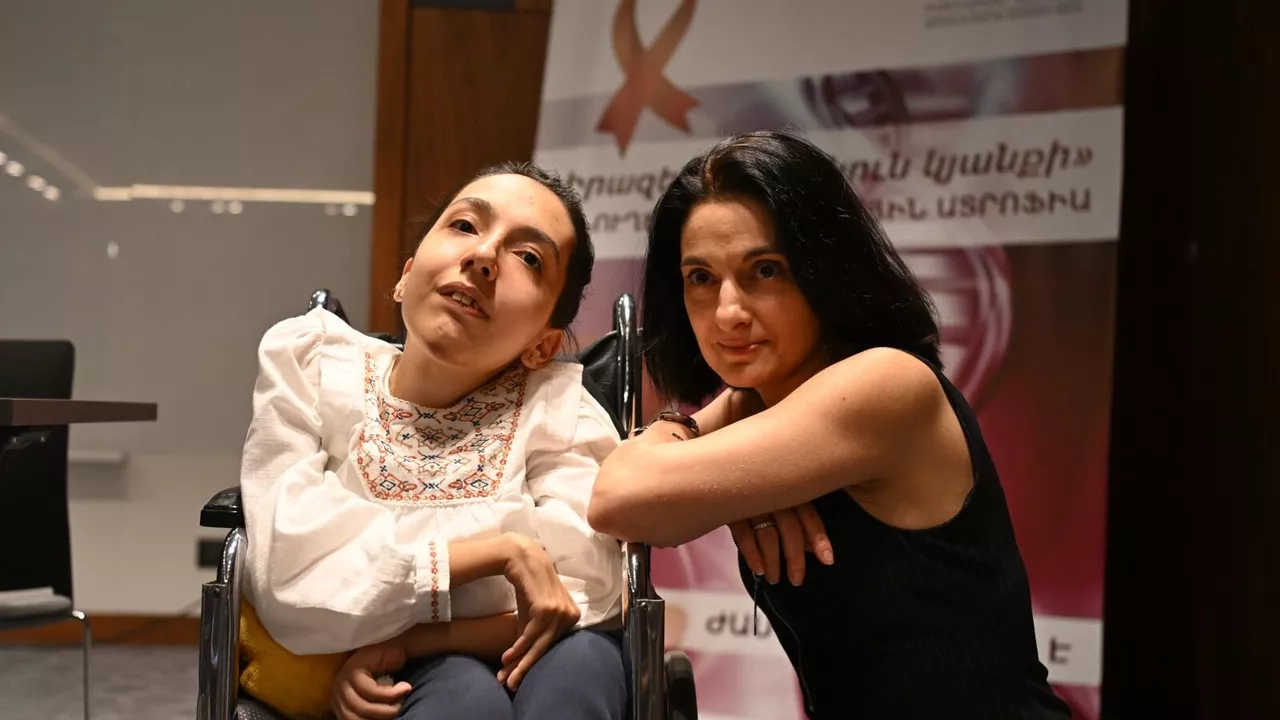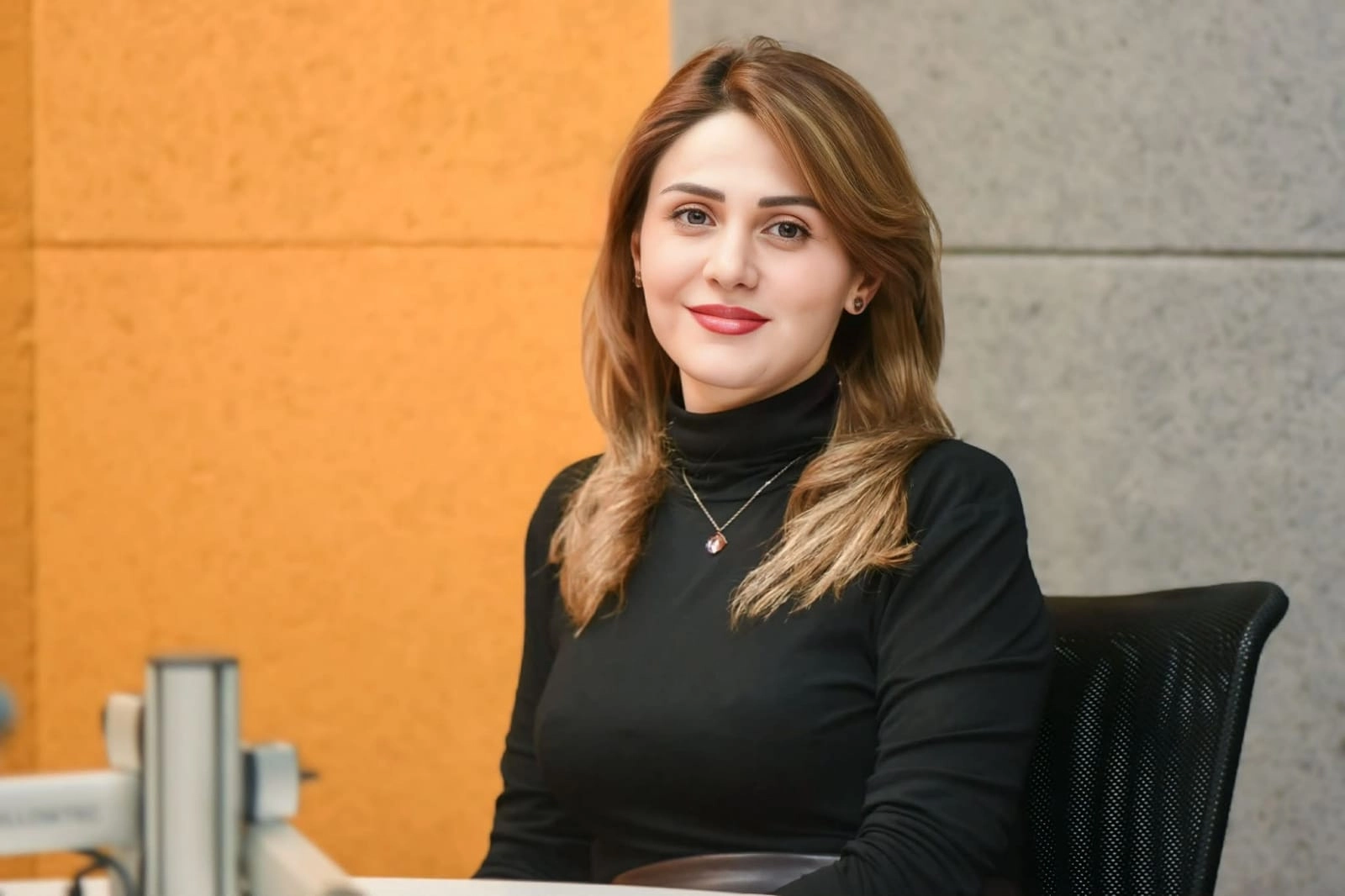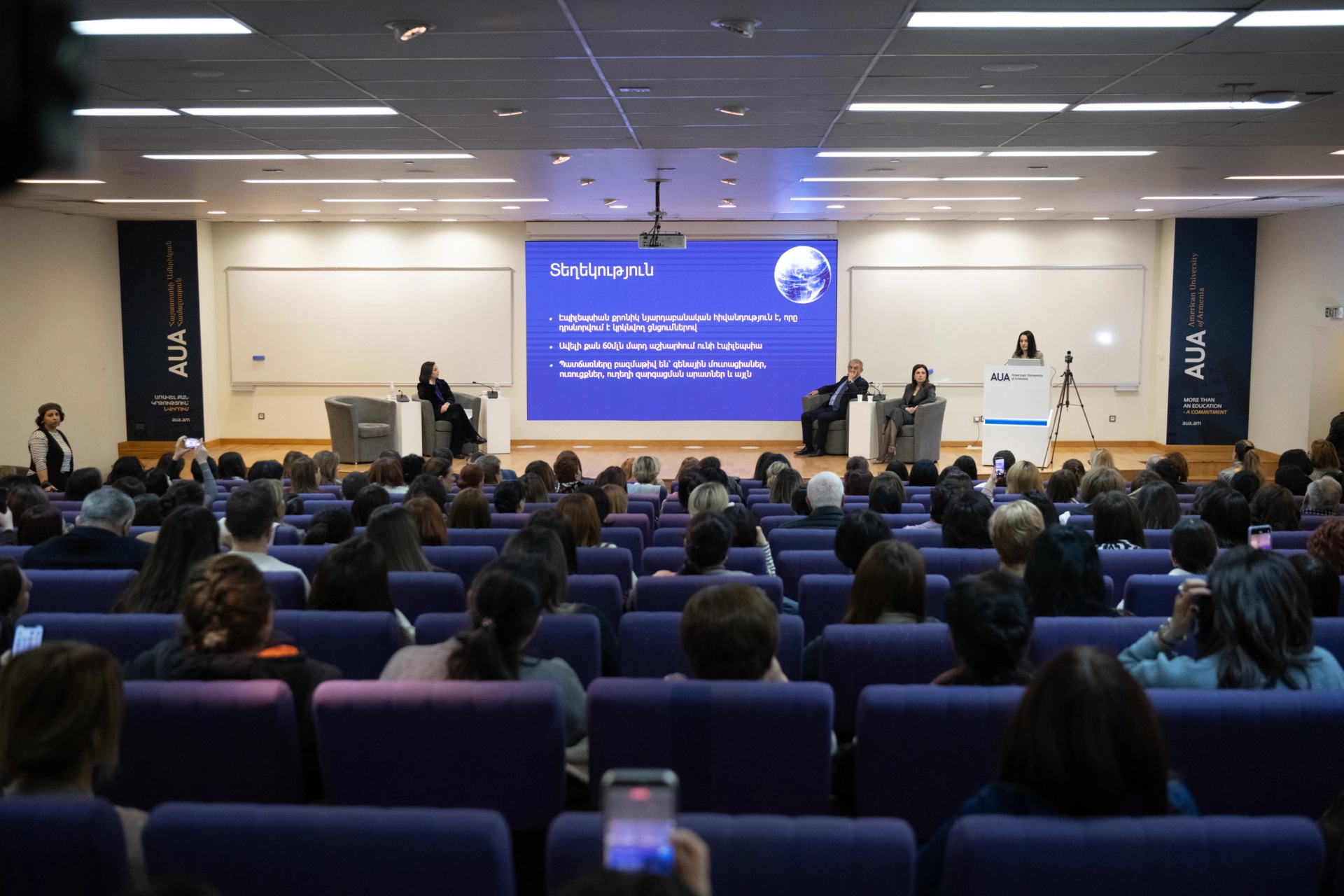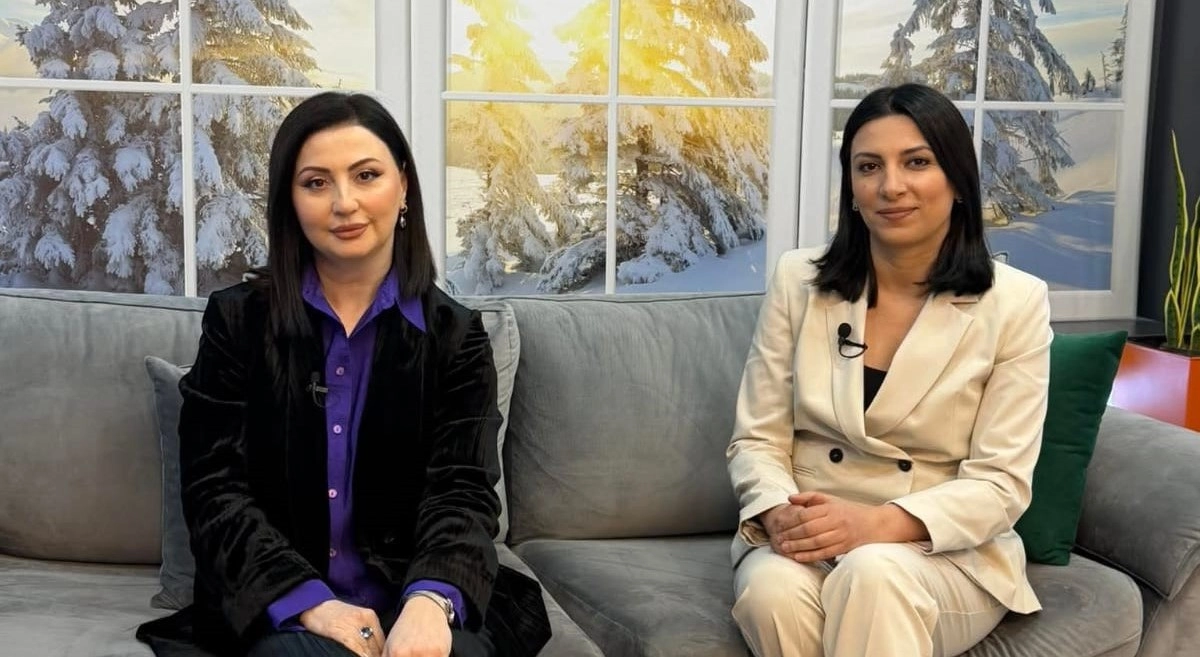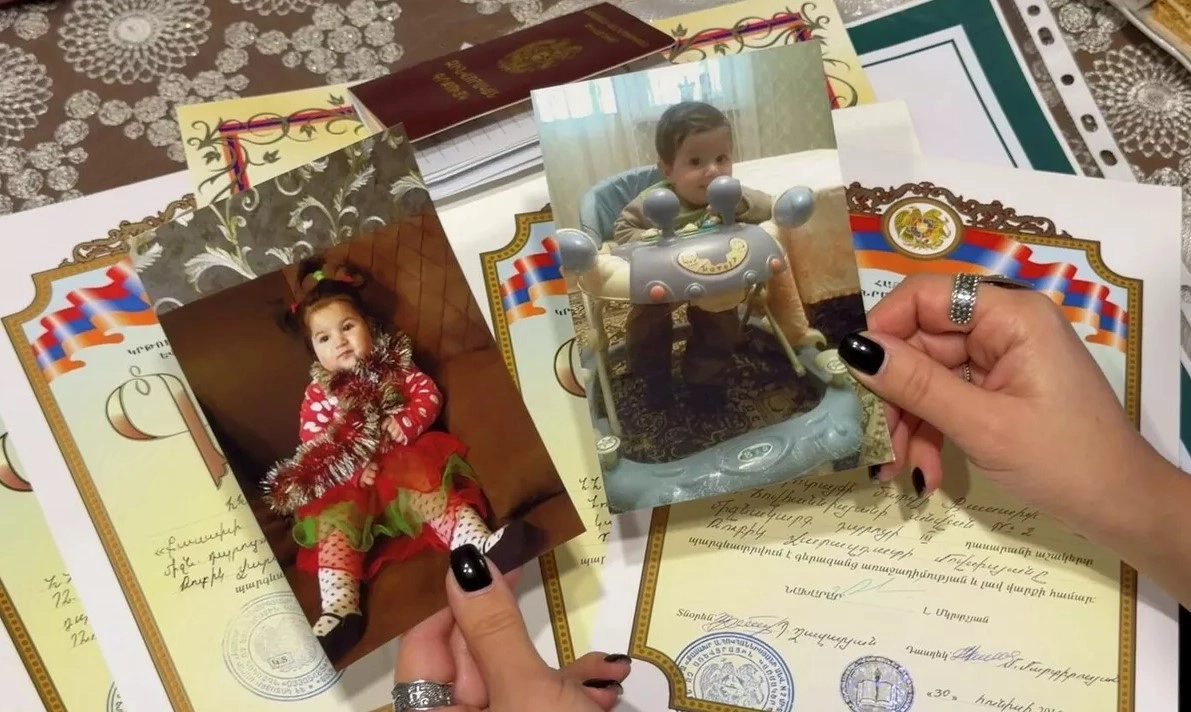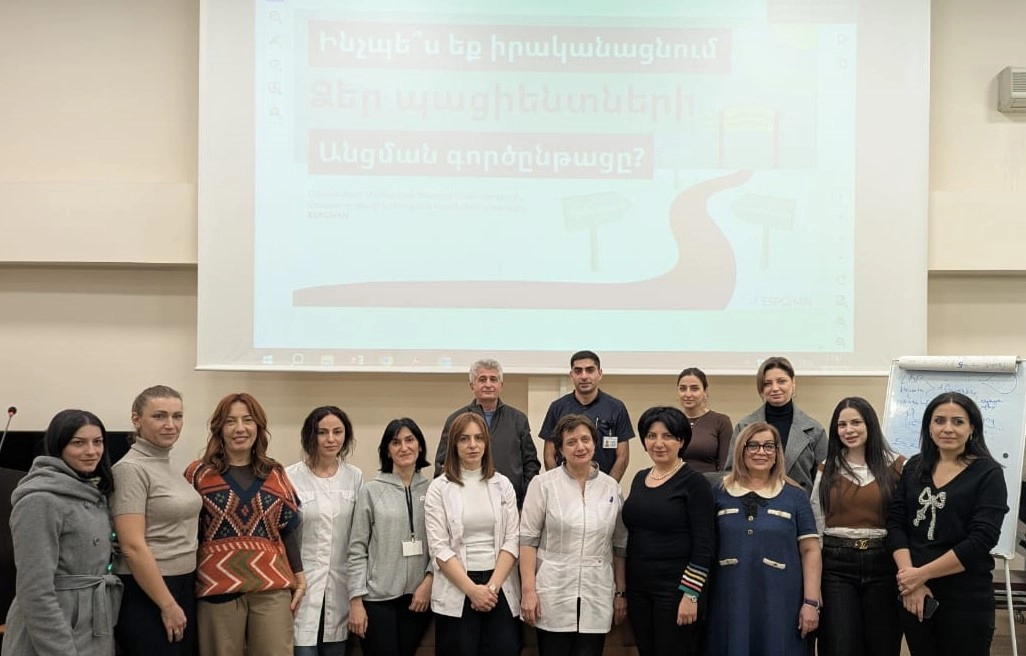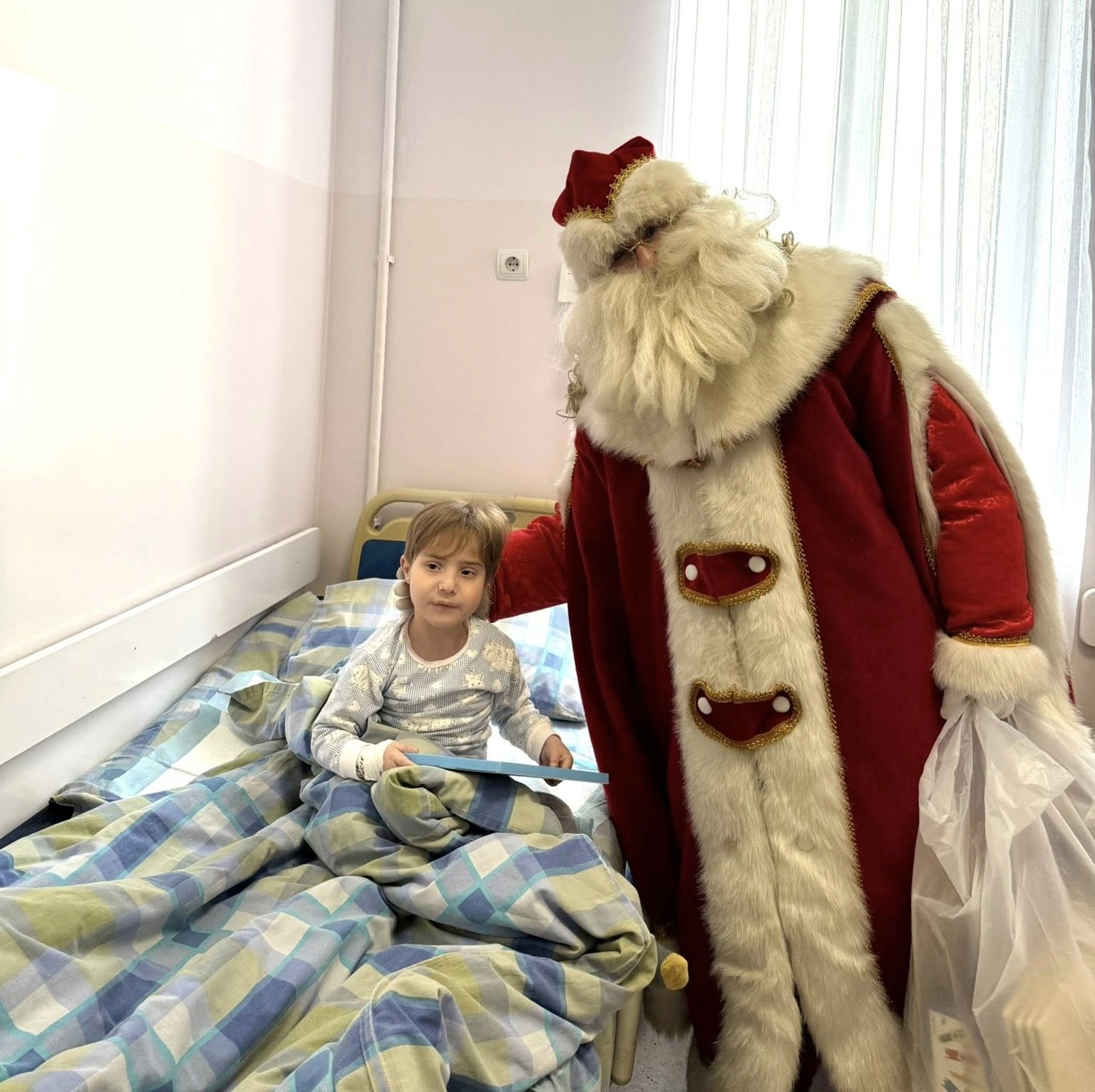Twenty-four-year-old Anush Gevorgyan loves to paint, but for about two years she has been unable to do so — even holding a brush has become too difficult. Today, there are approximately 12–15 patients in Armenia diagnosed with spinal muscular atrophy, and Anush is one of them.
She recalls that although she was an active child, she never stood or walked. When Anush was 1.5 years old, her mother noticed that her physical development differed from that of her peers. After extensive examinations, the diagnosis was confirmed: spinal muscular atrophy — a rare genetic disorder (Anush has two younger sisters and during each pregnancy, samples were sent to Moscow for genetic testing to ensure the children were healthy.)
“Due to a protein deficiency, the body gradually loses mobility. At that time, there was no treatment available. There were few patients worldwide, and pharmaceutical companies were not interested in developing a solution,” explains Anush.
In 2016, the first injectable medication for SMA was developed. Later, in 2020, an oral version also became available. Anush notes that just as people with diabetes must take insulin daily, individuals with SMA need to take medication regularly to help the body produce sufficient protein, at least halting disease progression or restoring some functions.
Anush has never received treatment for her condition. Six months ago, as her health deteriorated, she was compelled to organize a fundraiser to cover the cost of therapy. The topic was also highlighted by Sputnik Armenia during a press conference on “Innovations in Spinal Muscular Atrophy and the Importance of Genetic Therapy.”

 English
English
 Հայերեն
Հայերեն Русский
Русский